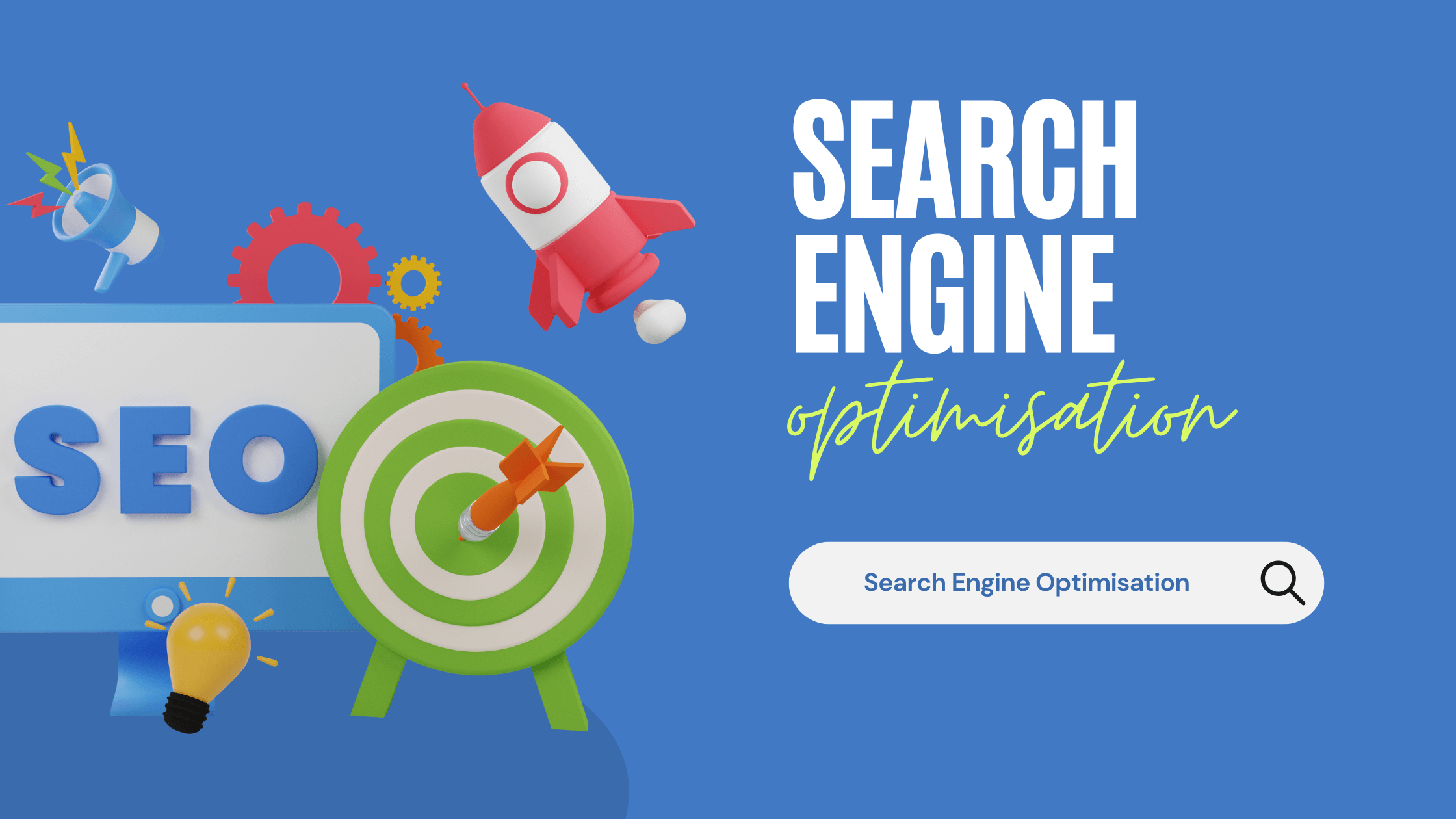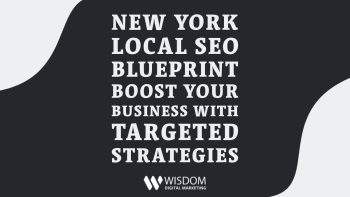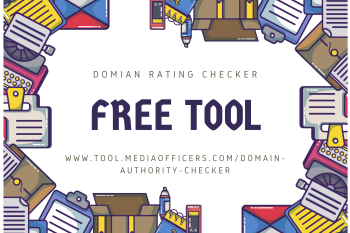What Is SEO and How It Works
Introduction
In this digital age, having an online presence is crucial for businesses and individuals alike. But with millions of websites on the internet, how can you ensure that your website stands out and reaches your target audience? This is where SEO, or Search Engine Optimization, comes into play. In this article, we will delve into the world of SEO, exploring what it is and how it works to improve a website's visibility and organic traffic.
1. Understanding SEO
1.1 What is SEO?
SEO, or Search Engine Optimization, is the process of optimizing a website to improve its visibility and ranking on search engine results pages (SERPs). It involves various techniques and strategies that help search engines understand the content and relevance of a website, thereby driving organic traffic.
1.2 Why is SEO important?
SEO is essential because the majority of online experiences begin with a search engine. When users type in a query related to your business or content, you want your website to appear at the top of the search results. This increased visibility can lead to more organic traffic, higher brand credibility, and ultimately, more conversions and revenue.
2. How Search Engines Work
2.1 Crawling
Before a search engine can rank your website, it needs to find and crawl its pages. Search engines use automated bots, known as crawlers or spiders, to discover and navigate through websites. These crawlers follow links from one page to another, gathering information about the content on each page.
2.2 Indexing
Once the crawling process is complete, the search engine indexes the information gathered from websites. Indexing involves organizing the content and storing it in a vast database. This index allows the search engine to quickly retrieve relevant results when a user enters a search query.
2.3 Ranking
When a user performs a search, the search engine's algorithm comes into play. The algorithm considers various factors like relevance, authority, and user experience to rank websites on the SERPs. Websites that align better with the algorithm's criteria will appear higher in the search results.
3. On-Page SEO Techniques
3.1 Keyword Research
Keyword research is the foundation of any successful SEO strategy. It involves identifying relevant keywords and phrases that your target audience is using to find content similar to yours. By strategically incorporating these keywords into your content, you can increase the likelihood of ranking higher on relevant search queries.
3.2 Content Optimization
Creating high-quality and valuable content is crucial for SEO. Engaging, informative, and well-structured content not only keeps visitors on your site but also encourages other websites to link to yours, boosting your website's authority.
3.3 Meta Tags and Descriptions
Meta tags and meta descriptions provide concise information about a web page's content to search engines and users. Optimizing these elements with relevant keywords can improve your website's click-through rates on the SERPs.
4. Off-Page SEO Techniques
4.1 Link Building
Link building involves acquiring backlinks from other reputable websites. Search engines view backlinks as votes of confidence, indicating that your content is valuable and trustworthy. Quality backlinks can significantly impact your website's authority and ranking.
4.2 Social Media Marketing
Social media platforms offer a great opportunity to engage with your audience and promote your content. Sharing content on social media can lead to increased visibility, shares, and interactions, ultimately enhancing your website's SEO efforts.
4.3 Influencer Outreach
Collaborating with influencers in your niche can expand your reach and attract new audiences. When influencers share your content, it can generate more traffic and backlinks, positively impacting your SEO efforts.
5. Technical SEO
5.1 Site Structure and Navigation
A well-organized site structure and user-friendly navigation are essential for both search engines and visitors. Easy navigation helps search engines crawl and understand your website better, leading to improved rankings.
5.2 Mobile Optimization
With the increasing use of mobile devices, optimizing your website for mobile responsiveness is crucial. Mobile-friendly websites rank higher in mobile search results, offering a better user experience.
5.3 Page Speed
Page speed plays a significant role in SEO. Websites that load quickly provide a better user experience, leading to higher user satisfaction and potentially higher search engine rankings.
6. Local SEO
6.1 Google My Business
For businesses with a physical presence, Google My Business is a must. It allows you to appear on local search results and provides essential information about your business, like operating hours, address, and reviews.
6.2 Local Citations
Local citations are mentions of your business on various online platforms, such as directories, review sites, and social media. Consistent and accurate citations can boost your local SEO efforts.
6.3 Customer Reviews
Positive customer reviews not only enhance your brand's reputation but also influence local search rankings. Encourage satisfied customers to leave reviews, as they can significantly impact your local SEO performance.
7. SEO Analytics and Tracking
7.1 Google Analytics
Google Analytics is a powerful tool that provides valuable insights into website traffic and user behavior. Analyzing this data can help you identify areas for improvement and optimize your SEO strategies accordingly.
7.2 Keyword Ranking Tools
Keyword ranking tools are essential for tracking the performance of your target keywords on search engine result pages. These tools help you monitor how well your website ranks for specific keywords over time, allowing you to make data-driven decisions to improve your SEO efforts.
7.3 Backlink Monitors
Backlink monitors keep tabs on the backlinks pointing to your website. Understanding the quality and quantity of your backlinks is crucial, as they are a significant factor in search engine rankings. Monitoring backlinks helps you identify opportunities for link building and keeps you informed about any potentially harmful links that could negatively impact your SEO.
8. Black Hat
vs. White Hat SEO
8.1 Black Hat SEO Techniques
Black Hat SEO refers to unethical practices that aim to manipulate search engine algorithms to achieve higher rankings quickly. These tactics may include keyword stuffing, hidden text, cloaking, and buying links. While they may provide short-term gains, search engines penalize websites using Black Hat techniques, risking severe damage to your online presence.
8.2 White Hat SEO Techniques
White Hat SEO, on the other hand, focuses on ethical practices that align with search engine guidelines. It involves creating valuable content, building quality backlinks, and optimizing websites for a positive user experience. While White Hat SEO may take longer to yield results, it establishes a solid foundation for sustainable growth and long-term success.
9. The Future of SEO
9.1 Voice Search Optimization
With the rise of voice-activated devices like smart speakers and virtual assistants, voice search optimization is becoming increasingly important. Voice searches often differ from text-based queries, and optimizing for conversational keywords can help you stay ahead in the voice search landscape.
9.2 Artificial Intelligence and SEO
Artificial Intelligence (AI) is revolutionizing the way search engines understand and rank content. AI-powered algorithms can analyze user behavior, context, and intent more effectively, resulting in more personalized search results. Staying informed about AI advancements in SEO will be crucial for staying competitive in the future.
10. Conclusion
In conclusion, SEO plays a pivotal role in the online success of any business or individual with a web presence. By understanding the various aspects of SEO, from on-page and off-page techniques to technical optimization and local SEO strategies, you can elevate your website's visibility and attract targeted organic traffic.
As search engines continue to evolve and user behavior changes, keeping up with the latest SEO trends and best practices will be essential for maintaining a competitive edge. Embracing White Hat SEO practices, creating valuable content, and focusing on user experience will help establish your website as a reliable and authoritative source in your industry.
Remember, SEO is not a one-time effort but an ongoing process that requires constant monitoring, analysis, and adaptation. By staying committed to improving your website's SEO, you can unlock its full potential and reap the rewards of increased visibility, traffic, and conversions.
5 Unique FAQs
1. Q: What is the quickest way to improve my website's SEO? A: While there are no shortcuts in SEO, focusing on high-quality content and acquiring natural, relevant backlinks can lead to noticeable improvements over time.
2. Q: Can I handle SEO on my own, or do I need to hire an expert? A: Depending on your expertise and available resources, you can perform basic SEO yourself. However, hiring an experienced SEO professional can ensure more effective and comprehensive results.
3. Q: Does social media activity impact SEO? A: Social media activity indirectly influences SEO by increasing brand visibility and driving traffic to your website. Engaging content that gets shared can also attract valuable backlinks.
4. Q: How long does it take to see SEO results? A: SEO is a gradual process, and the timeline for seeing results varies based on several factors, such as competition, website age, and the quality of your SEO efforts. It can take several weeks to months to see significant improvements.
5. Q: Is SEO only essential for large businesses, or does it benefit small businesses as well? A: SEO is crucial for businesses of all sizes. In fact, it can be even more critical for small businesses looking to establish a strong online presence and compete with larger competitors in their niche.
With the insights and techniques discussed in this article, you can begin your SEO journey and work towards achieving better rankings and increased organic traffic. Remember to stay informed about the latest SEO developments and adapt your strategies accordingly to succeed in the ever-evolving digital landscape.










